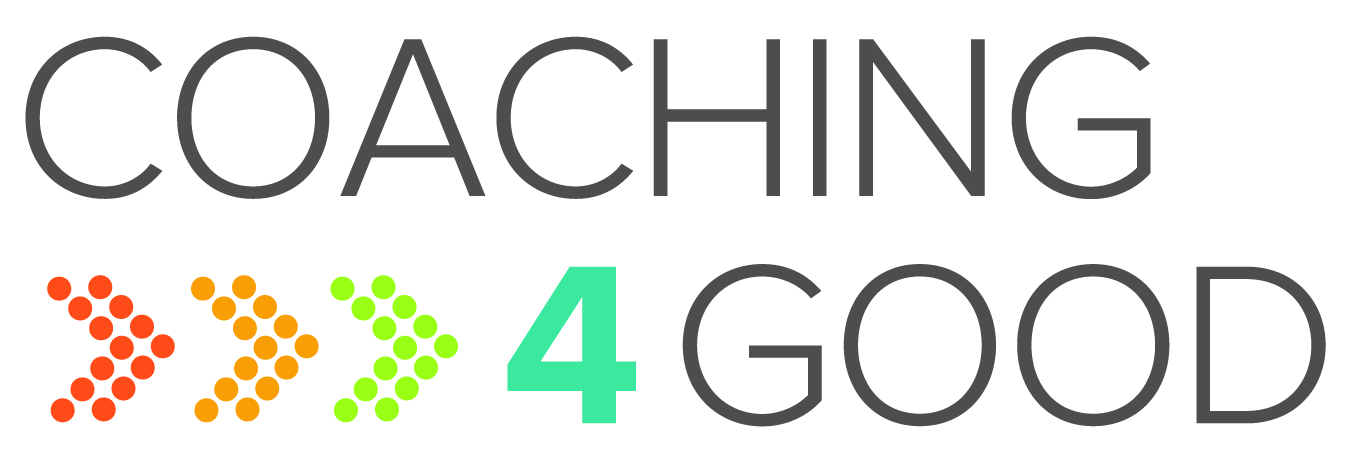Recently, we posted a blog about the narrow focus of a startup on four core business objectives. Whether you agree with that approach for a startup or not, there was a part that will always be true: startups need to confirm their assumptions about their new products and services. They do this by conducting a series of tests. Tests can include:
- Who will want to purchase my product/service?
- What benefit do these people see in my product/service?
- Will these people use my product/service in the way I’m expecting?
- What marketing message will resonate with these people?
- Will these people pay the price I am asking?
Methods for testing your assumptions
Those are fairly broad questions and that list is only scratching the service. Companies with new ideas need to realize when they are making assumptions and test those assumptions. The good news is that many tests don’t require a lot of money, rather, just some ingenuity.
For example, google adwords provides an immediate and affordable way to test messages to the market. You will quickly find out if your is effective and what kind of prospective customers your message brings in. You can also start pre-selling your products before you go into production. This way you can see how receptive people are to your value proposition, features and benefits.
Testing assumptions with interviews and surveys

- Question your assumptions
Write down questions that will confirm/dispel what you are assuming and hoping. - Write your exact survey questions down
Wording for your questions is important – it creates consensus on your team and makes sure the responses will be helpful. - Conduct in-person interviews when you can
Asking for replies to questions over email or asking people to fill out an online survey is oftentimes very limited compared to the insight from a conversation. - Keep the questions open-ended
In most cases, you don’t want to ask “yes/no” or “select one of these” questions. Make your questions broad to see where the person you are interviewing takes things. - Ask the question and stop talking
A pause is okay… it means the person is thinking. Don’t assume they don’t understand the question and keep repeating the same question in different ways. You might change the question! - Take notes
A recording helps but you should plan on taking notes because the value of conducting these interviews is the ideas you get during the interview. - Show your appreciation
Thanking and showing some special attention to your interview or survey participants is more important than paying participants. You will probably want to continue asking them for feedback so don’t neglect your relationship with them.
Additional survey tips
A survey is a fast and low-cost way to get critical feedback on your business assumptions but don’t abuse that affordability and speed. You don’t have many chances to ask questions to a single group – at some point they will grow tired and stop responding with the quality answers you want. So take your time and plan your survey. It may make sense to start with a small percentage of your total list to see what responses you get so you can adjust your survey.
How we collect lead and client opinions
In the meantime, here is the most recent survey for Coaching 4 Good (our partner company for organizational coaching). It is designed for HR professionals and seeks to get feedback on their most pressing issues and find out if organizational coaching is a service they would consider to address those issues. We also conduct an exit survey for our clients when they achieve their initial goals. We’re fortunate that our work is 1:1 and that all of our work starts over the phone or email – it gives us a chance to ask open-ended questions and get direct feedback so that we can adjust our messaging or services.
How do you test your business assumptions? Let us know in the comments below.
Amy Wolfgang
Amy Wolfgang is a career coach who founded Wolfgang Career Coaching and co-founded Coaching 4 Good. She brings over 15 years of corporate and coaching experience to help organizations boost employee engagement while simultaneously helping her clients excel in their careers. She is a certified PCM (Professional Career Manager) and has a Master’s degree in Educational Psychology from The University of Texas at Austin.








Stay In Touch